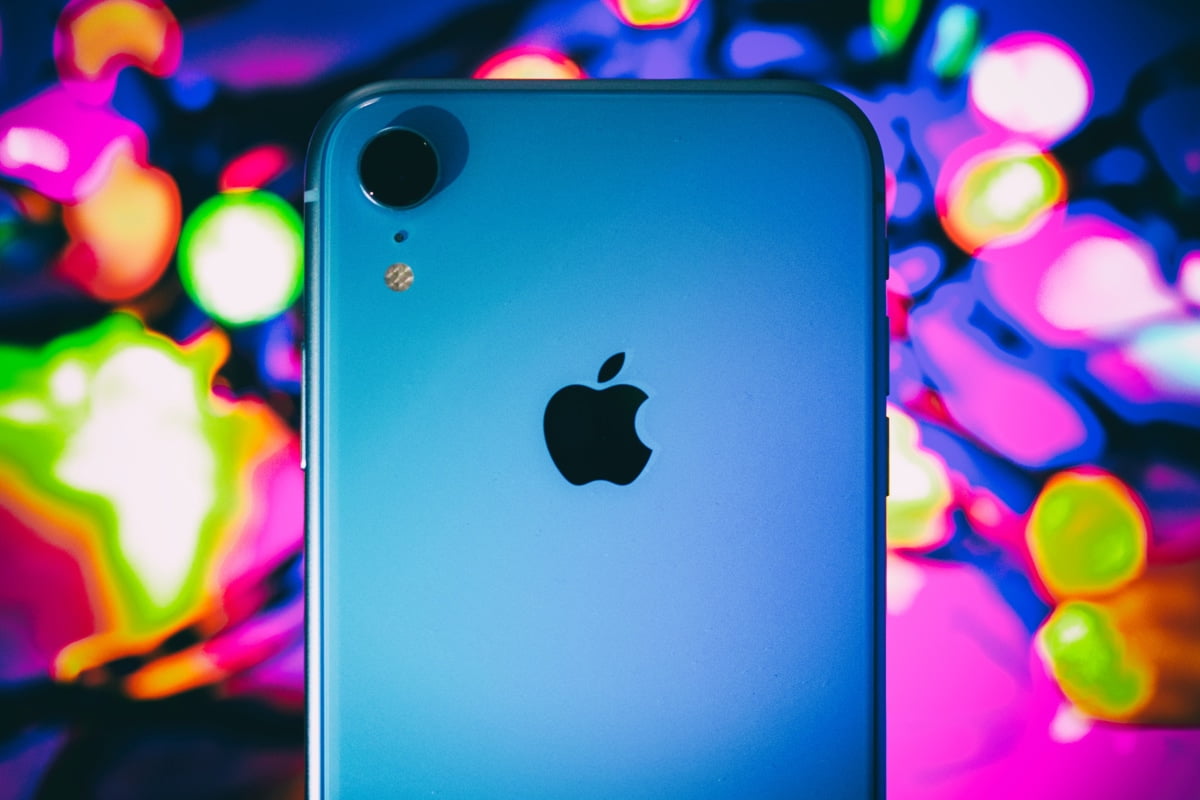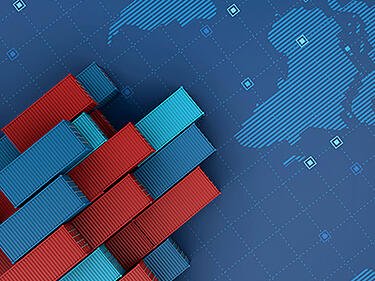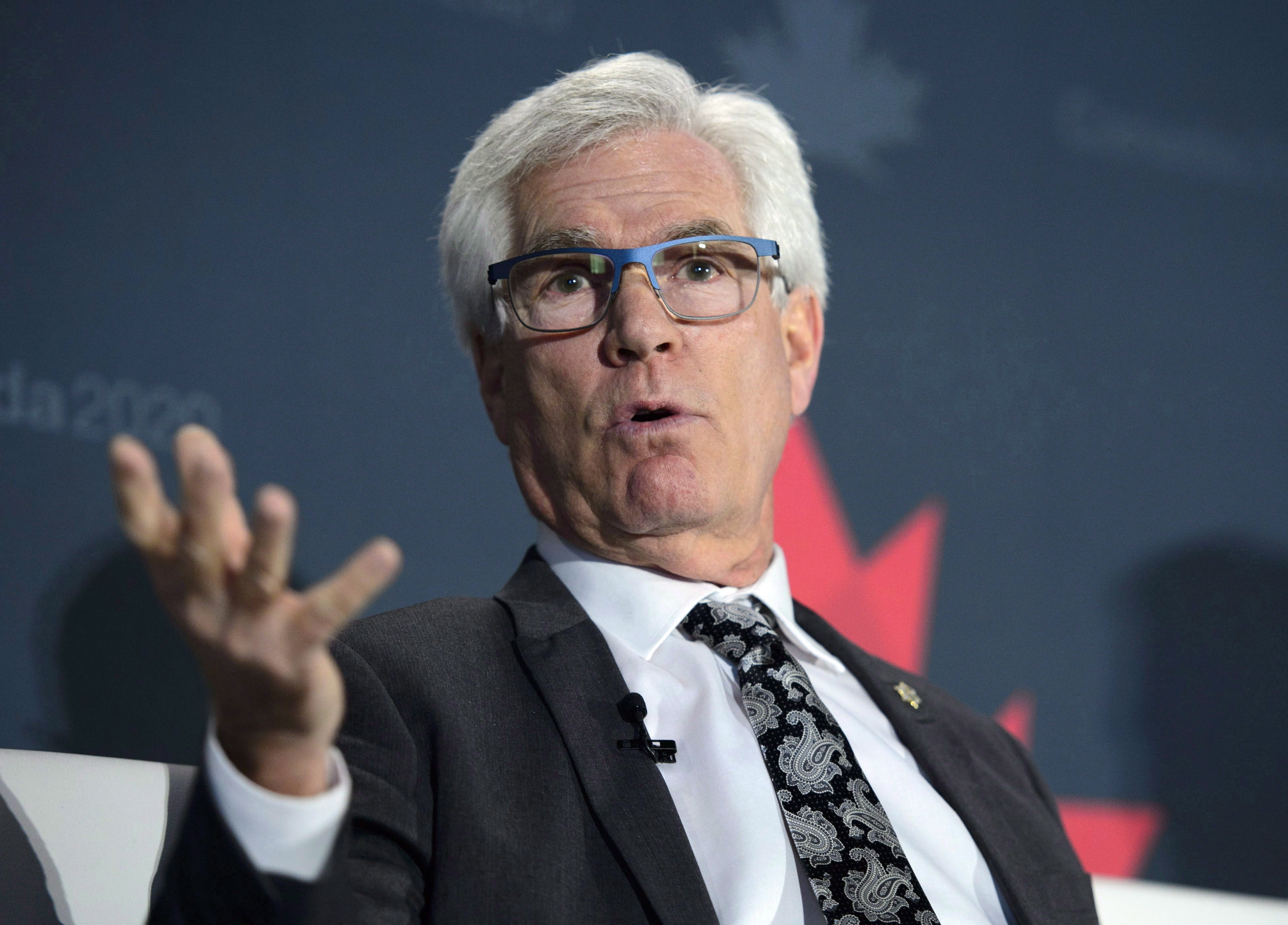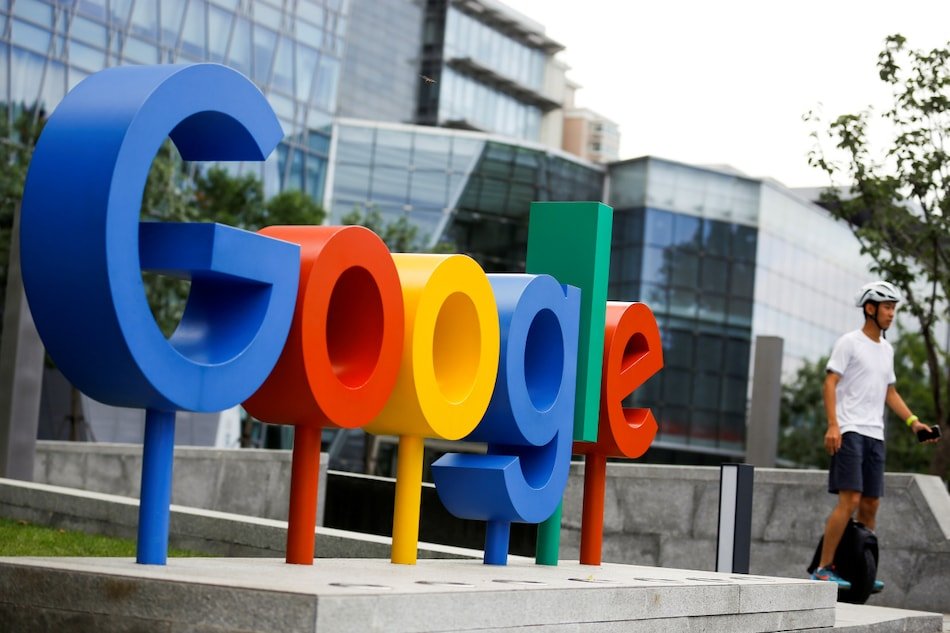
August’s retail sales could be muddied by the negative payback from Amazon Prime Day promotions that sent July sales sharply higher.
Friday’s August retail sales report is the last big economic report before the Fed begins its two-day meeting Tuesday.
Economists expect a gain of just 0.2%, after a much better than expected 0.7% gain in July that came as all sorts of retailers responded with their own promotional sales on Amazon.com’s annual Prime day July sale. Excluding autos, economists also expect sales to rise 0.2% for August, according to Dow Jones.
Bank of America Merrill Lynch economists, who expected a higher than consensus gain last month, now see a decline in August retail sales, unlike most other economists. The BofA economists track aggregate sales data from Bank of America credit and debit cards.
“We are looking for negative 0.2%. That’s well below consensus,” said BofA economist Joseph Song. BofA expects a 0.3% decline in retail sales, excluding autos. The government report will be released at 8:30 a.m. ET Friday.
“There are a couple of reasons. One is negative payback from Amazon Prime Day promotions and other retailers, who had summer promotions in July. On top of that, we’ve seen consumer sentiment deteriorate over the month,” Song said.
Song said the softer card data signals that July’s sharp gain was probably not a new trend. He also said the August number could have been positively impacted by residents of Florida and other states stocking up on supplies ahead of Hurricane Dorian, which hit the Carolinas last week. Hurricane spending could have added 0.2 to 0.3% to aggregate retail sales, ex-autos, according to the BofA economists’ forecast.
“You probably saw an increase in spending for essentials like water and food,” he said.
The Fed is widely expected to cut its federal funds target rate by a quarter point Wednesday. Important consumer price inflation data Thursday indicated that core CPI inflation in August was slightly higher than expected, and running at 2.4% year over year, its fastest pace since 2008.
Some economists said that higher inflation data, in itself, muddies the picture for the Fed, since it has been looking for below normal inflation. But the Fed is still expected to move forward with rate cuts.
The BofA economists said the Bank of America card and debit data showed retail sales, excluding autos, fell 0.5% month over month, after a 0.9% gain in July. “We expect to similarly see a weak retail sales report from the Census Bureau on Friday. However, one month does not make a trend and consumer spending still remains strong on the year,” the economists noted.
Tom Simons, chief money market economist at Jefferies, expects a 0.2% gain in retail sales and the same 0.2% gain, ex-autos.
“My guess is it’s unlikely to have a huge impact tomorrow unless it comes in wildly off consensus,” he said, noting reports in the market about a White House trade deal with China, later denied, had more affect on market moves Thursday than the CPI data.
“Even if August is soft, you’re still looking at a pretty solid quarter. It should support the idea that the consumer is driving overall growth,” Simons said. “I don’t think the Fed, barring a real pothole in the data, will blink very much. They’re going to look at inflation and at this point, their decision has already been made for next week.”
[“source=cnbc”]











































